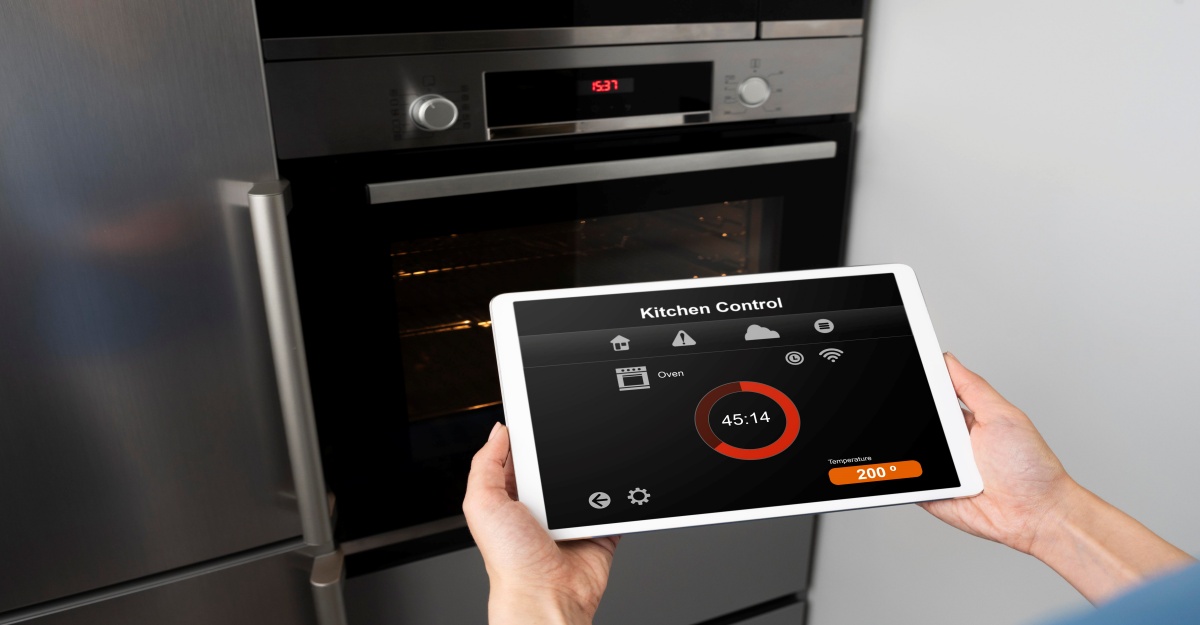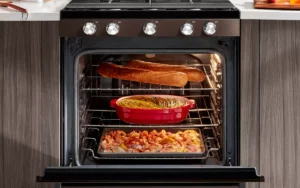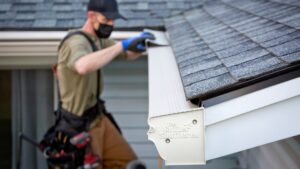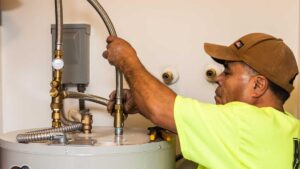Your home appliances are essential for daily convenience and comfort, but they can also be significant energy consumers. By optimizing the efficiency of your appliances, you can save money on utility bills and reduce your environmental impact. Here are some practical tips to help you get the most out of your home appliances.
Choose Energy-Efficient Models
When purchasing new appliances, look for the ENERGY STAR label. ENERGY STAR-certified appliances meet strict energy efficiency guidelines set by the U.S. Environmental Protection Agency. These models use less energy, save money on operating costs, and often come with additional features that enhance performance and convenience.
Refrigerator Maintenance
Your refrigerator is one of the hardest-working appliances in your home, running 24/7 to keep your food fresh. To maintain its efficiency:
- Set the Right Temperature: Keep your refrigerator at 37-40°F (3-4°C) and your freezer at 0°F (-18°C) for optimal performance.
- Clean the Coils: Dust and dirt can accumulate on the condenser coils, making the fridge work harder. Clean the coils every six months to ensure efficient operation.
- Check the Door Seals: Ensure the door seals are tight and free from cracks. A loose seal can cause cool air to escape, increasing energy consumption. Test the seal by closing the door on a piece of paper—if you can easily pull it out, the seal needs replacing.
Dishwasher Efficiency
Dishwashers can save water and energy compared to hand washing if used correctly:
- Run Full Loads: Only run the dishwasher when it’s full to maximize efficiency. Avoid overloading, which can prevent proper cleaning.
- Use the Right Cycle: Use the eco or energy-saving cycle whenever possible. These cycles use less water and energy while still providing effective cleaning.
- Air-Dry Option: Opt for the air-dry setting instead of the heated drying cycle to save energy.
Laundry Appliances
Your washing machine and dryer can be major energy users. Follow these tips to improve their efficiency:
- Wash in Cold Water: Most of the energy used by washing machines goes toward heating the water. Use cold water for most loads to save energy and protect your clothes from shrinkage and fading.
- Full Loads: Similar to dishwashers, only run your washing machine and dryer with full loads to maximize efficiency.
- Clean the Lint Filter: After every dryer use, clean the lint filter to improve air circulation and reduce drying time.
- Air-Dry Clothes: When possible, hang clothes to dry instead of using the dryer. This not only saves energy but also extends the life of your clothes.
Oven and Stove Tips
Cooking efficiently can also contribute to energy savings:
- Use the Right Burner: Match the size of your pot or pan to the burner size. Using a small pot on a large burner wastes energy.
- Keep the Oven Door Closed: Every time you open the oven door, the temperature drops by about 25°F, causing the oven to use more energy to return to the set temperature.
- Microwave and Toaster Oven: Use your microwave or toaster oven for smaller meals. These appliances use less energy and heat up faster than a conventional oven.
General Appliance Tips
- Unplug When Not in Use: Many appliances consume energy even when turned off. Unplug devices like coffee makers, toasters, and chargers when not in use to prevent phantom energy consumption.
- Use Smart Power Strips: Smart power strips can automatically cut off power to devices that are not in use, helping to reduce standby power consumption.
- Regular Maintenance: Regularly maintain all your appliances according to the manufacturer’s guidelines. Proper maintenance can improve efficiency and extend the lifespan of your appliances.
Water Heater Efficiency
Your water heater can be a significant energy user in your home. To improve its efficiency:
- Set the Right Temperature: Set your water heater to 120°F (49°C) to prevent overheating and save energy.
- Insulate the Tank: Insulating your water heater tank can reduce heat loss and save energy. This is especially important for older tanks.
- Use a Timer: Install a timer to turn off the water heater during periods of low usage, such as overnight.
Smart Appliances
Consider investing in smart appliances that can be controlled remotely and programmed to operate during off-peak hours when energy demand is lower. Smart appliances can provide insights into your energy usage and offer tips for further savings.
By following these tips, you can ensure your home appliances operate efficiently, saving you money on utility bills and reducing your environmental footprint. Taking proactive steps to maintain and optimize your appliances not only enhances their performance but also contributes to a more sustainable and eco-friendly home.









